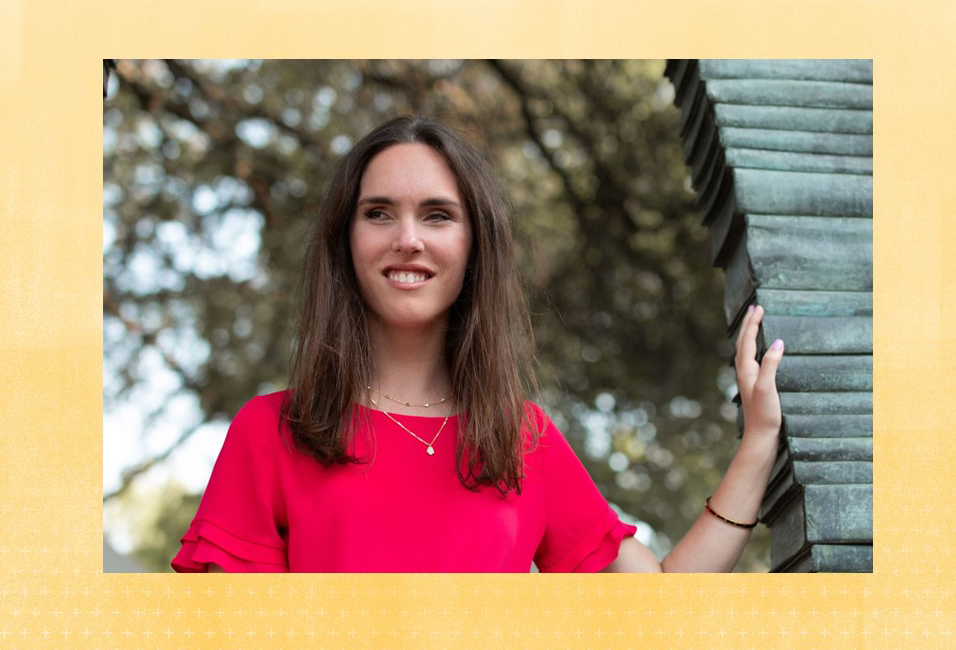All Techknowledge Articles | Students
Advocate for accessibility: A firsthand account
Published on
Updated on

Kendal Lyssy is a third-year doctoral student in MU’s Department of Communication. She also is the department’s first blind PhD candidate and a strong advocate for digital accessibility. As a student and instructor, she’s using her experiences in higher ed to help ensure that all users are empowered with technologies that are usable by everyone.
“Raising awareness is the first step to advocating for progress,” she said. “My own challenges with digital accessibility have inspired me to help drive positive change at Mizzou.”
Striving toward and achieving digital accessibility can’t be accomplished by working in a silo. Lyssy collaborates with groups across campus to implement accessible features on their websites and apps. She partners with the MU Division of IT to ensure university websites meet accessibility standards ─ a practice she said should be prioritized from the beginning of any content and site development.
Lyssy encountered an issue using the IRB form via eCompliance, an internal web application. After flagging the issue, the Division of IT is now working with the developer to fix the issue. As an instructor, she encountered difficulties using the Canvas learning management system. By working together with the Canvas administrator, she is helping address issues that may otherwise go unnoticed.
Lyssy notes that PDFs often are inaccessible because creators are not aware of the challenges people with disabilities face when reading PDFs. Screen-reading software does not read PDFs, which are scanned as pictures. The software interacts differently with different websites, complicating accessibility efforts. She also recommends using more clear and accessible wording choices for websites.
“This goes beyond having a link that says, ‘Contact us,” she explains. “Instead, I recommend having a link that says, ‘If you are encountering accessibility challenges, call this number or use this link for assistance.’”
Lyssy admits that there is no universal formula for making a website or app accessible because all websites have their own identity and programming. So, when using screen-reading software on those websites, they’re going to look and behave differently from each other. This makes it difficult for programmers and developers to provide digital accessibility on their own.
This is why Lyssy encourages students with disabilities to collaborate with staff and faculty to explore how content can meet web content accessibility guidelines.
“Collaboration and communication are the keys to any successful relationship,” Lyssy said. “If we can all work toward the same goal of creating digital access in higher education and collaborate through shared visions and conversations, we can create changes and implement effective, long-term accessibility solutions across MU.”
To learn more about digital accessibility and explore available resources, visit the MU Division of IT’s Digital Access website.